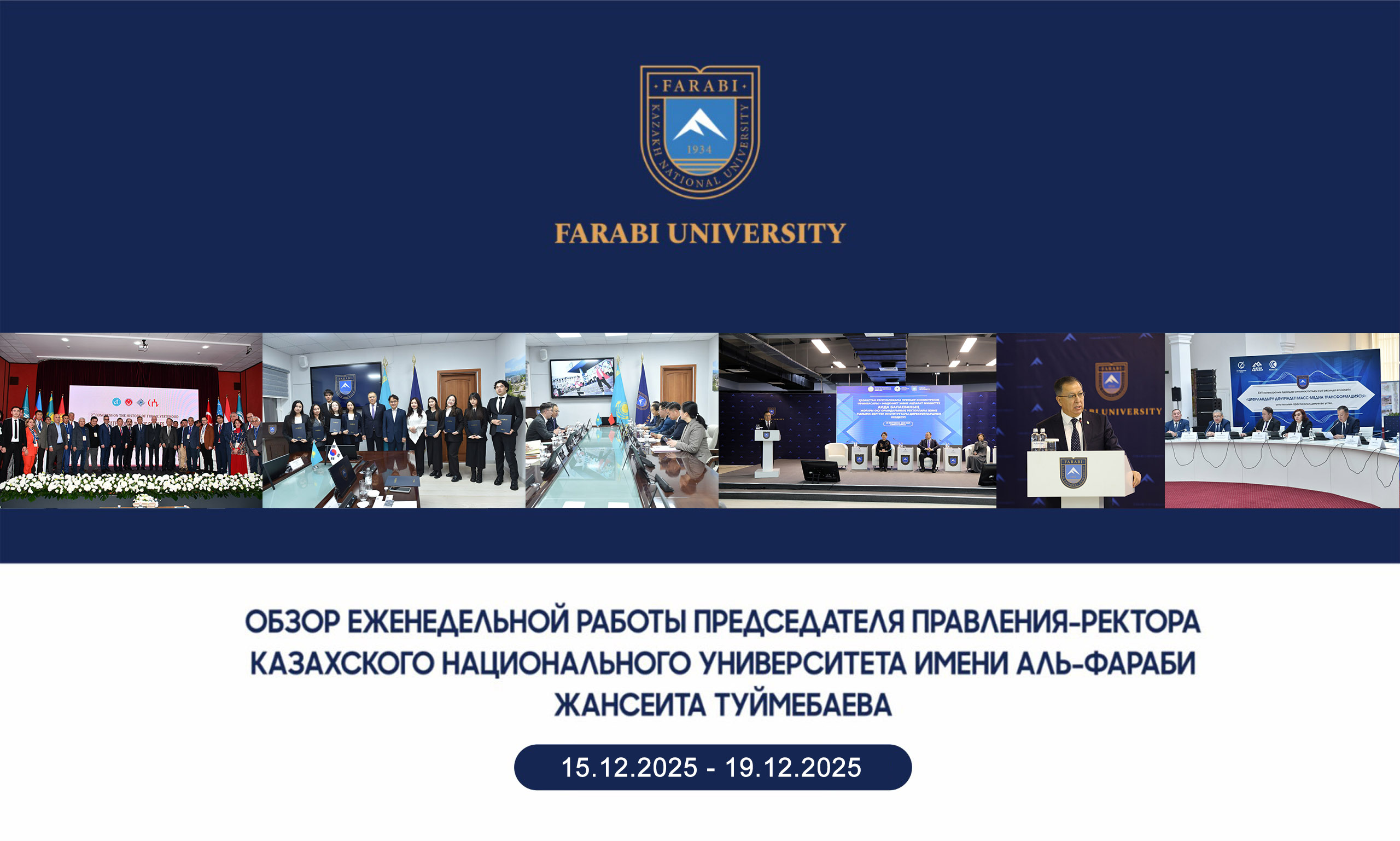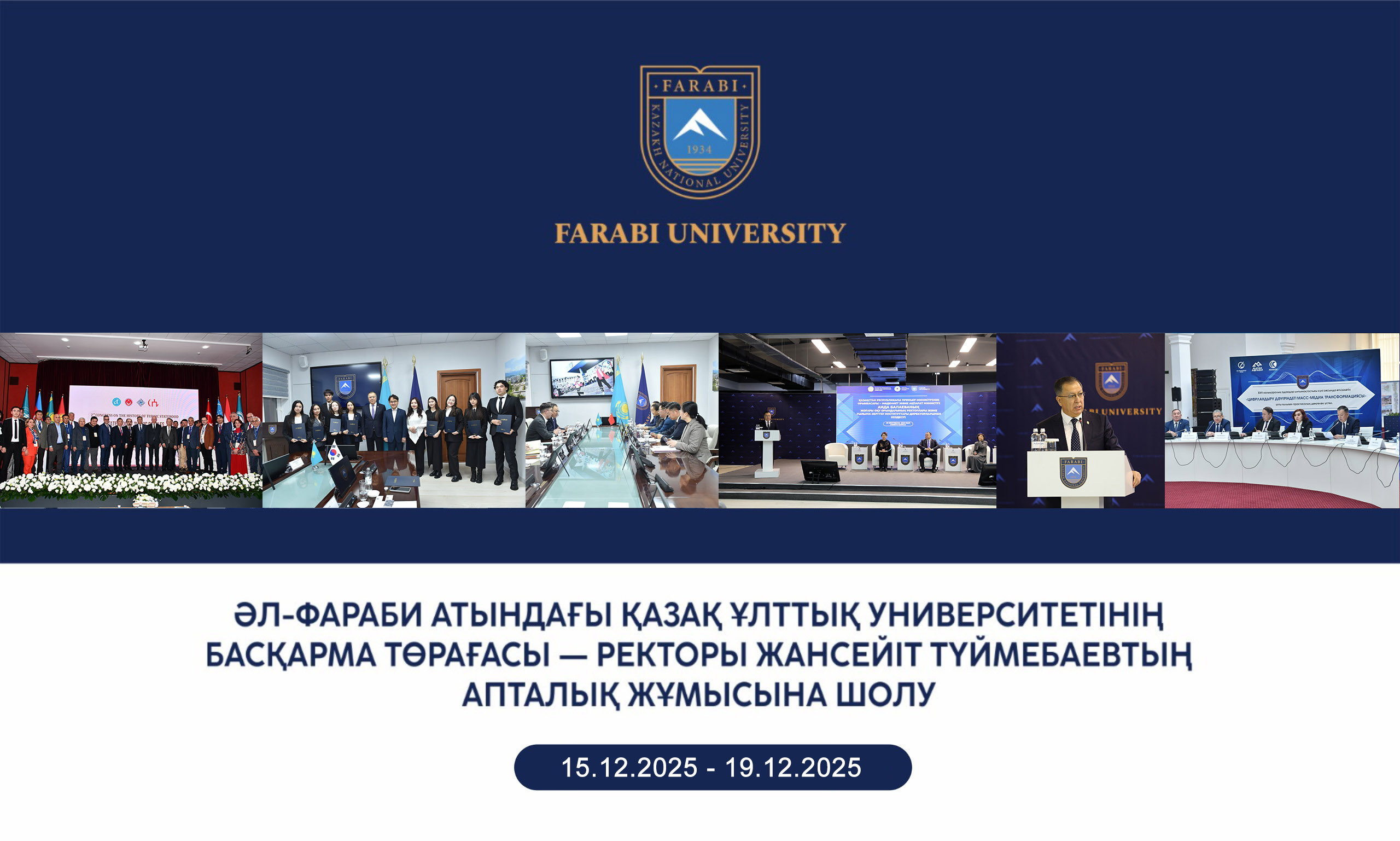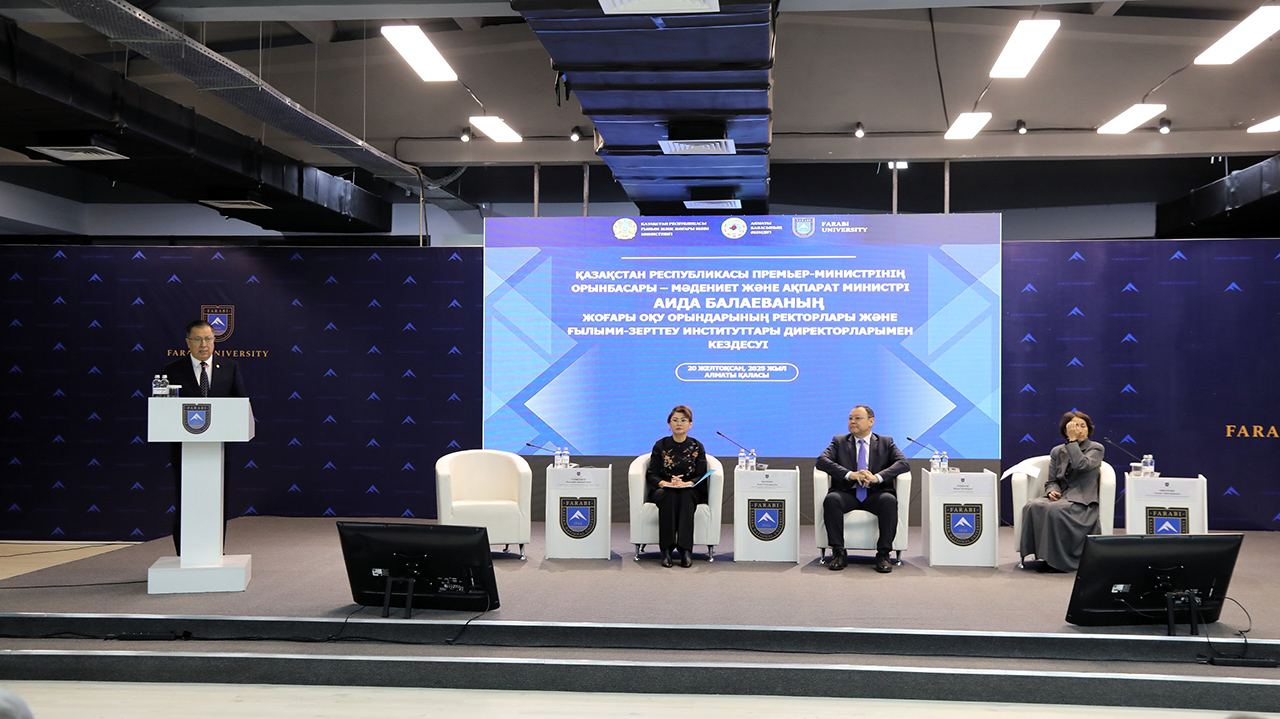Foreign Students at KazNU Higher School of Medicine

1. A Celebration in an International Group with Students from Yemen, Afghanistan, Iraq and Kenya
Al-Farabi Kazakh National University’s Higher School of Medicine has been a popular choice for foreign students. A great number of young people from various countries are making a commitment to study medicine here, as well as other healthcare related specialties, in the aspiration to become medical professionals. I’ve had the privilege of teaching international medicine students, which has taught me a lot, and here are my observations from this enriching experience.
The geography of international students is diverse: India, Afghanistan, Pakistan, Bangladesh, Yemen, Egypt, Jordan, Iran, Turkey, Kenya, Tanzania – in my experience solely! The choice in favour of Al-Farabi Kazakh National University’s Higher School of Medicine is usually made by the students in view of its high international ranking. There is a number of international students who have won a scholarship offered by the government of the Republic of Kazakhstan (Bologna process and academic mobility center MES RK) which includes a full tuition waiver and a stipend. For many, this scholarship was a ticket into the world of higher education as otherwise they wouldn’t have been able to pursue their studies. Not only because of financial considerations, but also due to other, very serious hurdles.
For instance, for female students from Afghanistan the option to get higher education is off the table after the Taliban banned girls from universities. On December 20, 2022, the minister for higher education announced an order “suspending the education of females until further notice” following an earlier directive that banned girls from school beyond sixth grade. These actions by the Taliban made Afghanistan the only country in the world with restrictions on female education. Deewa, a 24-year-old female student, had almost completed her medicine degree in her home country when the Taliban barred women from attending university – she only had one semester left to her studies. After receiving a scholarship and enrolling at KazNU Higher School of Medicine, she had to start from the very beginning. Deewa was just one of the many Afghan girls who had not given up on their dreams to become doctors and graduate from university. Fortunately, their families were supportive and the girls made the journey to Kazakhstan via Iran with their dads, as Afghan law dictates that all girls and women have to be accompanied by their father or other male guardian on their travel.
Students from Yemen also had to overcome severe difficulties in order to be able to pursue higher education. Since early 2014, their home country has been torn in a devastating civil war, ever since the Houthi Shia Muslim rebel movement seized control of northern Saada province and neighbouring areas and later the capital Sanaa. Yemen became the battlefield for a number of regional players, including UAE-led coalition. Currently political and military control of Yemen’s territory is torn between six different actors, which significantly limits the population’s opportunities to pursue studies or travel. According to Yemeni students, only passports issued in certain regions of Yemen are internally recognized and thus not all citizens of Yemen are able to apply for visas, including student visas. Luckily for four of my students, they came from Taiz, a city in the south-west of Yemen, and their passports were recognized and they were granted students visas which allowed them to come to Almaty to study medicine on a scholarship.
Fortunately, no everyone had to fight great odds to become a student at KazNU’s Higher School of Medicine. Many have reported that they did not find it challenging to win the scholarship. The challenge, for some, lay in choosing the best program or university for themselves. In some cases, it was quite accidental that the person ended up as a medicine student: one Yemeni student was originally planning to study engineering, together with her cousin, while another student from Bangladesh had his sights on criminalistics. For them, as well as for a big percentage of foreign students, the choice was dictated by the conditions of the scholarship they won. Scholarship recipients have to choose from a list of options of available programs offered at specific universities. In both cases, however, the students are quite content with their choice and are working hard to keep the scholarship and become a doctor.
2. International Students Participating in the Conference on Gender Equality (SDG 5)
Teaching an international group of students is an incredibly enlightening and enriching experience for an educator, and it can be just as enlightening and enriching for students too. Reflecting on the practices in their home countries and the cultural relevance of the studied material, as well as contemplating similarities and differences between different countries – be it the UK, Kazakhstan, their own or their fellow students’ home country – students begin to understand their cultural background better and appreciate their country’s unique cultural profile. When the group is comprised of students who come from different countries, these truly international groups are particularly fascinating, as students teach each other a lot about their country’s culture and improve their own intercultural communication skills.
As for the academic side of English language classes, the program for foreign medicine students revolves around acquiring professional English. The textbook used is Oxford English For Careers. Medicine 1 which is supplemented by other materials and multimedia aids. As the publisher states, Medicine 1 is suitable for doctors and other health professionals who plan to work in English-speaking countries. The textbook develops the vocabulary, language, and skills that students need to read and understand medical texts, to be successful in medical exams, and to communicate effectively and accurately with patients and colleagues.
As a part of their English language course, students also complete a free online course English for Healthcare developed by King's College London. This 4-week course can be done for free, but without the certificate, on the FutureLearn platform. It teaches the language and vocabulary of healthcare professionals and helps young professionals develop their English language skills and learn vocabulary for a career in healthcare. Many students have reported that they found this online course to be very helpful, as it not only taught them healthcare terminology, but also such practical skills as how to communicate in different professional situations. One of the assignments in my classes was quite creative – the students had to make their own mind map based on the things they’d learned in the course. A number of them found this task both challenging and enjoyable at the same time, but invariably very helpful.
Thankfully, the vast majority of foreign students possess an adequate level of English necessary to pursue higher education in English. However, this is not always the case and there a few of those whose low level of English prevents them from learning effectively. For example, I remember a group with students from Turkey which surprised me with the fact that two of the students’ English was almost non-existent and the other four could barely speak or understand it. As the textbook and the materials are geared towards Intermediate level of English and above, it is highly recommended that all students entering the English-language medicine program possess the necessary English skills (a minimum of CEFR, Common European Framework of Reference for Languages, A2).
Irrespective of the challenges with language, it can be said that all foreign students at KazNU’s Higher School of Medicine are dedicated and hard-working. For many of them the ambition to become a doctor has been a guiding star, so they are giving their best and totally focusing on their studies. While for most of them English classes are not hard — though preparation for them (assignments, online course, revising for tests) may be time-consuming — the biggest challenge for all medicine students appears to be anatomy classes. Every student I’ve talked to said that the subject of anatomy was their biggest worry – they found it extremely challenging both to memorize all the anatomical terms and details and to demonstrate their knowledge in the tests and exams.
As for living in Kazakhstan, the most popular comment from foreign students was about the weather and the climate – many found winters way too cold for their liking. For instance, a few students from India complained about that. Furthermore, Indians were not impressed with Kazakh food as they found it too bland and lacking spices and condiments. This view of Kazakh food was shared by natives of other countries, for example, some Afghans. What concerns the city of Almaty and its surroundings, the students found it beautiful and comfortable for living, although not very cheap.
3. Visiting the Fine Arts Museum
As busy as medicine students are, many of them find opportunities to participate in extra-curricular activities and broaden their horizons. One such opportunity was the inter-university conference held in November 2023. A number of our students spoke at this event, representing Kazakhstan, India (including Kashmir), Egypt, Jordan, Saudi Arabia and Qatar. The talks were followed by the cultural program where students showcased their country’s cultural legacy through dance, music and poetry. The performances were greeted with a very warm reception.
On another occasion, also in November 2023, a group of students, accompanied by me and another lecturer, visited the Kasteyev Kazakh State Museum of Fine Arts. This museum visit was the students’ first, yet detailed, acquaintance with the authentic Kazakh art — from the traditional applied arts of nomads all the way through to the contemporary art of modern-day Kazakhstan. To help them contextualize what they were going to see, I gave a short talk on the topic of Kazakh art history before going through the museum’s halls. The students were most impressed with the traditional Kazakh art — applied arts including handmade tapestries, home decorations and jewelry. The paintings made by Abylkhan Kasteyev also caught the students’ fancy.
On the whole, being a participant of international communication and experience – in the capacity of a student or an educator – is incredibly enlightening and rewarding. It requires broad-mindedness, openness and flexibility, as well as sensitivity. In addition to cultural differences, there are also delicate issues – political, religious and otherwise – that require utmost care and diplomacy. With this in mind, both students and lecturers of KazNU should cherish these unique opportunities to broaden horizons and foster cross-cultural understanding and goodwill.
By Farida Mukazhanova,
lecturer in Foreign Language
Prepared by Аizhan MULDAGALIEVA


